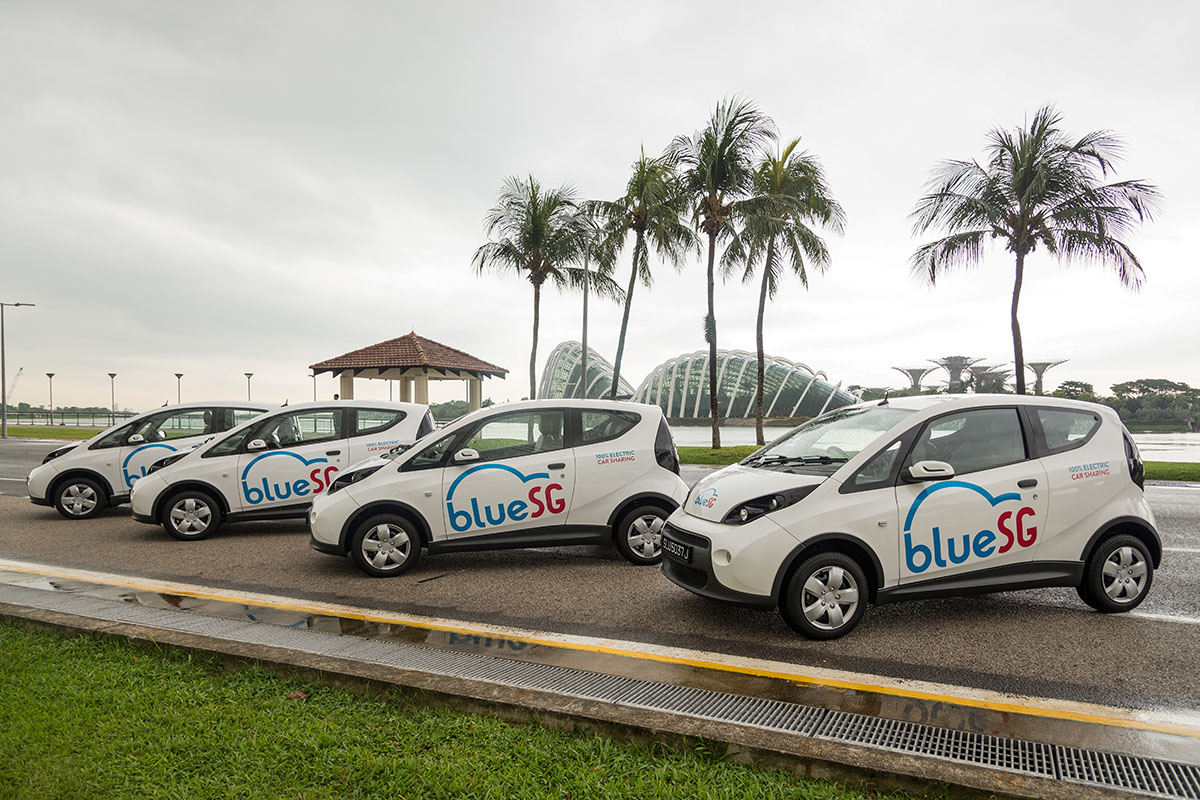Imagine a skyline of futuristic high-rise buildings with 21st century robots assisting us in the workplace. On the roads, sleek two door sports cars cruise past without much audible noise. At the very most you hear just a soft whir of the electric motors that power the 700-brake horsepower beasts beneath their hoods.
Electric cars have always been associated with the future but the future has arrived. They aren’t only limited to the flashy, easy on the eye electric sports cars like the Tesla Roadsters, Aston Martin RapidEs and Nio EP9s. The latter being the fastest electric car in the world. However, in the name of preserving a greener and more sustainable planet, electric cars are fast substituting modern day gasoline powered sedans and SUVs which play a vital role in our daily lives.
A 2017 report by Bloomberg New Energy Finance (BNEF) indicated that in 2040, 54 percent of cars sold will be of the electric variety, accounting for one third of the global car fleet. This is a revision from the previously predicted 35 percent. Electric vehicles are also seeing a huge jump in demand globally. In 2016, sales of electric vehicles worldwide doubled from the previous year, surpassing the two million units mark.
The Southeast Asian region, home to a market of 640 million should rightly be part of this technological upheaval. According to a report by the International Renewable Energy Association (IRENA) the region could have 59 million electric two- to three-wheelers and 8.9 million electric four-wheel vehicles by 2025. This translates to an estimated 20 percent of passenger automobiles on the road.
Though currently demand may be latent, a survey by Frost and Sullivan indicated that there have been promising signs that electric vehicles are gaining popularity amongst ASEAN citizens, especially among young individuals below the age of 40. A majority of those interested in purchasing electric vehicles come from Thailand, Philippines and Indonesia.
There are several factors that influence the purchase of such cars. The two main factors are increased safety standards that accompany electric vehicles and charging concerns; whether consumers are able to charge their vehicles at their homes or workplaces and the costs associated with it. The study discovered that these two factors determine whether a customer is willing to pay up to 50 percent more for an electric car as opposed to a similar conventional car or not.
Besides that, this presents an opportunity for the region to leapfrog in terms of technology adoption and allows for further diversification of locally-available fuels such as biodiesel and ethanol. Renewable energy sources such as wind and solar could also be used to run electric vehicles.
Moreover, this also presents a lucrative investment opportunity for investors seeking to cash in on the transition taking place in the automobile industry. One report suggested that more than US$90 billion in investments would be needed to enable changes to the design and engines of current transport types, and to support the projected production of electric vehicles for the region.
Association of Southeast Asian Nations’ (ASEAN) governments have already identified the positive effects of electric vehicles and are gearing towards creating policies which would support the shift from traditional gasoline powered automobiles.

The region’s largest car manufacturer, Thailand, has already taken steps to boost electric vehicle manufacturing with tax incentives and aims to reach 1.2 million electric vehicles on the road by 2036. Similarly, Malaysia is also working with Chinese manufacturers to advance its domestic electric vehicle industry and aims to have 100,000 electric vehicles and 2,000 electric buses on its roads and 125,000 charging stations installed by 2020.
Tax exemptions are another tool used by governments to encourage purchase of electric vehicles. Indonesia is considering revising its tax scheme to offer higher tax breaks for low-emissions vehicles and is in the midst of plans to develop the necessary charging infrastructure. The Philippines targets one million electric vehicles on its roads by 2020 and is considering tax exemptions as well to reach that goal. Singapore is considering tax rebates for electric vehicles and hybrids that pass specific emissions tests.
The development of the electric vehicle industry will surely complement ASEAN’s regional goals to achieve its aspirational target of 23 percent renewables in the energy mix by 2025. As investments and demand in this area grow, coupled with comprehensive government policies in place, in the near future, we can very possibly see planet-saving electric vehicles on our roads.
